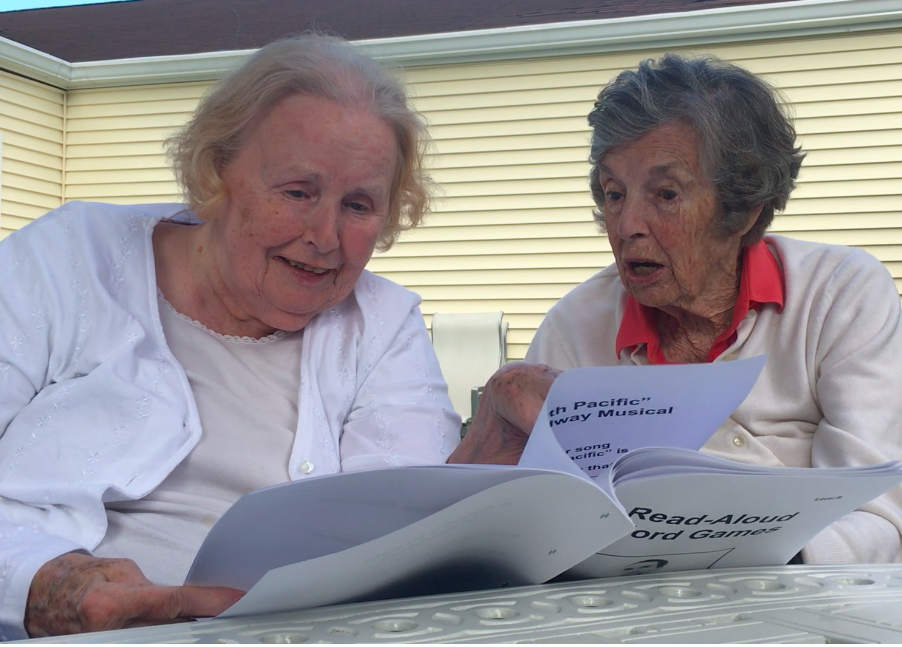The Healing Power of Touch in Dementia Care
Why skilled touch matters more than ever in person-centered dementia care.
Posts about:

Why skilled touch matters more than ever in person-centered dementia care.
.jpg)
Dementia is not just a medical condition; it’s a life-altering journey that affects individuals, families, and entire communities. For caregivers and professionals, the need for a deeper understanding and practical tools to support people living with dementia has never been more critical. At AGE-u-cate Training Institute, we’ve spent over a decade refining our approach to dementia care training, ensuring it meets the emotional and practical needs of those who rely on it most.



With NBA's basketball season in full swing and NFL's Superbowl around the corner, no one doubts the incredible impact a good coach has on developing both the physical and mental strengths that lead to the success of sports teams. Today, coaches are proving their value in a diversity of areas: Whole Life Coach, Communications Coach, Wellness Coach, Career Coach, Weight Loss Coach, Business Coach, and even Relationship Coach.

In the sea of dementia care training, leaders can be overwhelmed when evaluating options. This article provides practical guidance if you are just getting started in creating a dementia training program or if you are re-evaluating current practices.
Before you learn the six components that define quality dementia care training, I'm going to discuss four fundamental truths:
We Must Educate, Engage, and Retain Employees
Aging service providers are experiencing dangerously high staff shortages that impact the quality of care, employee retention, and family satisfaction. These together directly affect the bottom line.
Studies reveal a correlation between the lack of investment in care team education and turnover, with staff reporting feeling ill-prepared for their work with older adults, especially those with memory loss. It's time for a change!

When you explore why we humans like to read, you find statements such as,